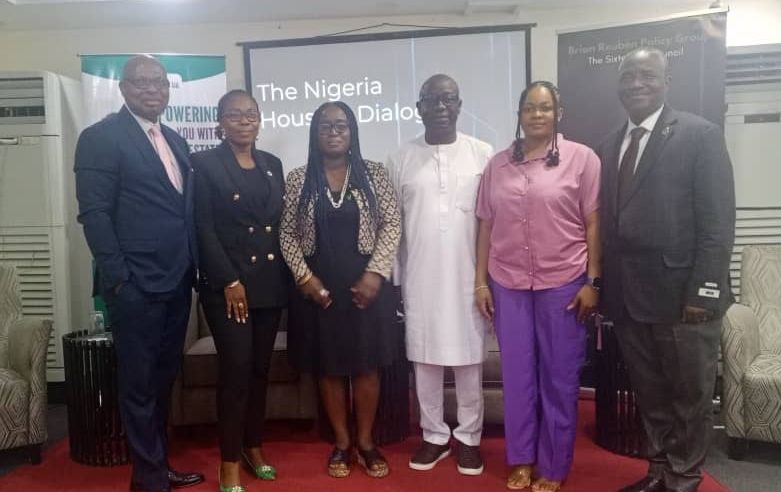Stakeholders in Nigeria’s housing sector have raised concerns over the country’s severe housing deficit, which now exceeds 17 million units, driven by rapid urbanization, population growth, and rising construction costs.
Speaking during the presentation of a report titled “The Nigeria Housing Report: The State and Future of Housing in Nigeria,” organized by the Sixteenth Council in partnership with Capital City Development Limited in Lagos on Thursday, experts noted that the shortfall severely impacts cities like Lagos, where housing is scarce and expensive, forcing many residents into informal settlements like Makoko and Ajegunle, which lack basic amenities such as clean water, sanitation, and stable electricity.
In his keynote address, the Executive Chairman of the Sixteenth Council, Brian Reuben, said that Nigeria has grappled with a housing deficit of over 28 million units, requiring at least 900,000 new homes annually just to keep pace with demand.
However, actual delivery remains a fraction of this need, leaving millions of Nigerians homeless, living in substandard housing, or struggling with exorbitant rent prices.
Reuben criticized government inefficiency, saying: “Nigeria has had numerous housing policies, master plans, and initiatives, yet we remain stuck in a cycle of unmet targets, abandoned projects, and unrealized dreams.
“The government has a history of poor policy implementation. We can either continue this cycle or take matters into our own hands and build a housing sector that works for all Nigerians.”
The Group Managing Director/CEO of Capital City Development Limited, Uche Kalu, represented by Rose Okpurhe, noted that Nigeria’s urbanization rate of 4.3% annually will see over 60% of Nigerians living in cities by 2050.
This rapid growth, he said, is outpacing urban planning, leading to overcrowded slums, inadequate infrastructure, and poor living conditions.
Kalu explained: “Urbanization should be a sign of progress, but when growth outpaces planning, cities become unlivable.
“Places like Makoko in Lagos show what happens when urban expansion is left unchecked—makeshift homes on water, limited access to basic services, and families struggling to survive.”
He warned that Nigeria’s housing deficit of over 28 million units is worsening due to poor planning, lack of infrastructure, and skyrocketing land prices that push homeownership beyond the reach of middle-income earners.
He urged stakeholders to rethink housing development to create cities that work for everyone.
Speaking on housing finance, Chairman of Gtext Homes, Stephen Akintayo, represented by the Managing Director, Farouq Usman, highlighted the underdeveloped mortgage market, which makes homeownership nearly impossible for low-income earners due to lack of access to affordable mortgage financing.
Also, MKO Balogun, CEO of Global Property and Facilities International Limited, urged the federal government to adopt effective housing models used by previous administrations to address Nigeria’s deepening housing crisis.















